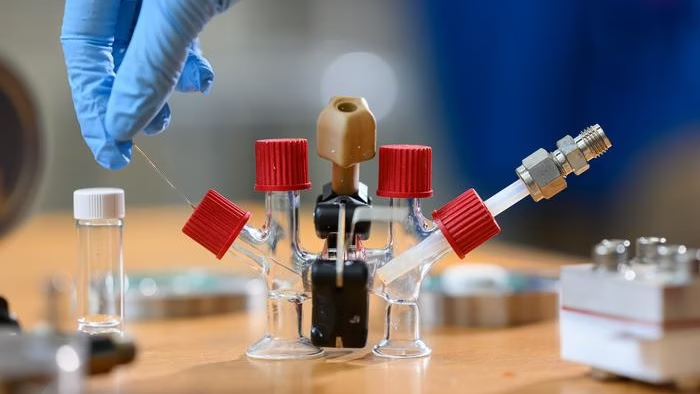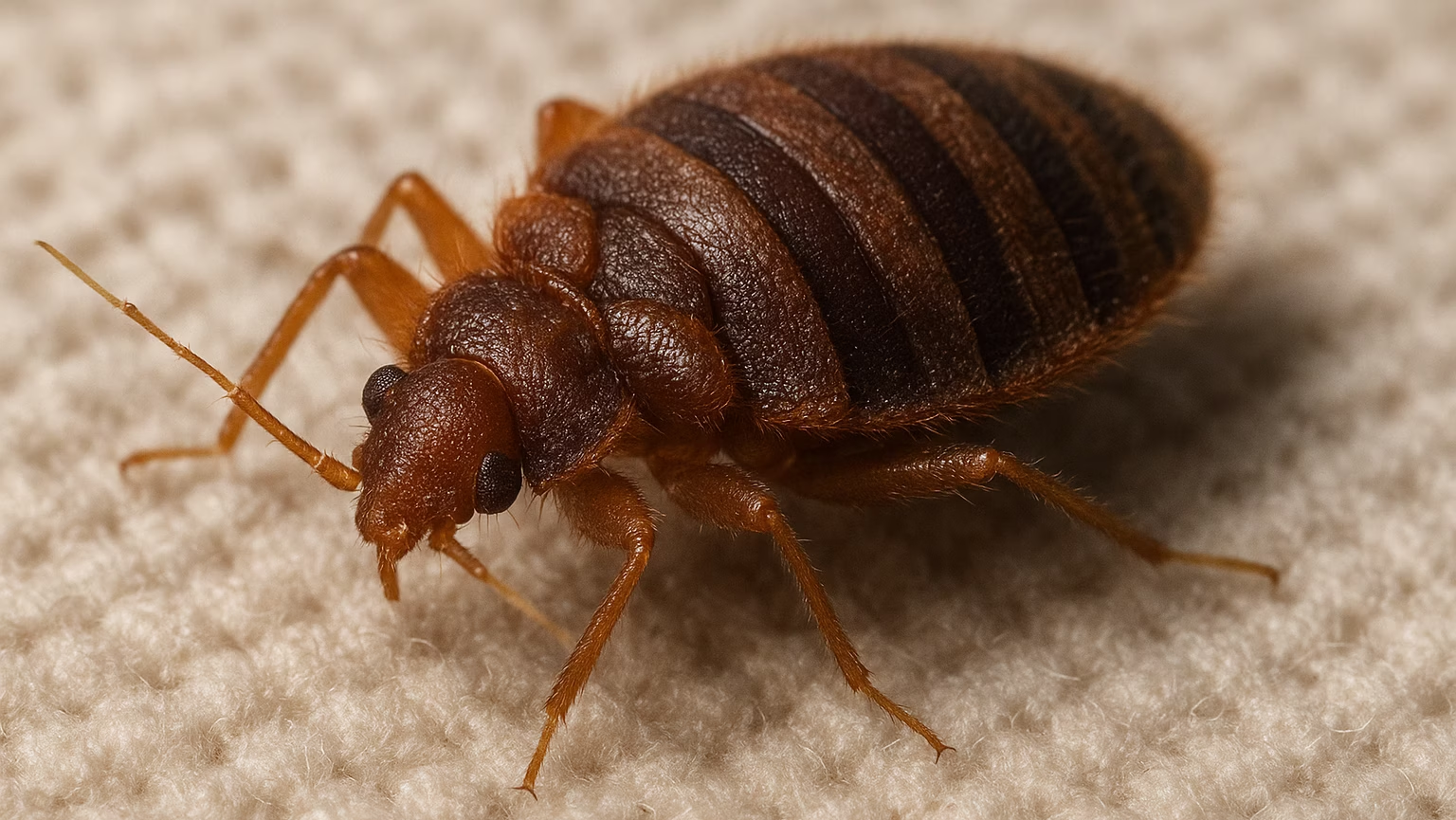Researchers from Cornell University in the United States have developed a wearable device using sound for continuous, noninvasive blood pressure monitoring.
From PNAS Nexus/California Institute of Technology 02/08/24

A wearable blood pressure monitor uses sound to capture a continuous record of vital sign data.
Continuous, noninvasive blood pressure monitoring has been a longtime goal of medicine, given blood pressure’s utility as a metric for clinicians.
For decades, the options have been limited to internally placed arterial catheters or inflatable pressure cuffs.
Newer proposed methods need frequent calibration with an inflatable cuff.
Raymond Jimenez and colleagues propose a method based on resonance sonomanometry, in which the artery is stimulated by an acoustic transducer and its resonant response and dimensions are measured using ultrasound.

Just as a guitar string changes tone as its tension is manipulated, so does the circumferential tension of the arterial wall change its resonant frequency through the continuous phases of the cardiac cycle.
The method was tested on humans on the carotid artery in the neck as well as the axillary, brachial, and femoral arteries.
Measurements were compared with those from a blood pressure cuff.
All four sites produced measurements in a single subject that were broadly in line with those obtained from a cuff.
Additional testing on the carotid arteries of six volunteers showed promising results, albeit with lower systolic values, although this would be predicted given the carotid being closer to the heart than the brachial artery measured by the cuff.
According to the authors, their proposed device could be worn over any ultrasound-accessible artery, even including the radial, where the device could be worn like a watch.
More info
You may also be curious about:
-

Skin bacteria help protect us from sunlight
-

New brain-reading video game reduces chronic nerve pain
-

Black tea and berries could contribute to healthier aging
-

Viral mouth-taping trend ‘sus’ says Canadian sleep expert
-

New sodium fuel cell could enable electric aviation
-

The most extreme solar storm hit Earth over 14,000 years ago, scientists identify
-

Electronic face tattoo gauges mental strain
-

Solitonic superfluorescence paves way for ambient temp quantum computing
-

Cosmic mystery deepens as astronomers find object flashing in both radio waves and X-rays
-

The rotors are also the wheels on this morphobot
-

Bed bugs are most likely the first human pest, 60,000 years and counting
-

What lurks beneath? Only 0.001 percent of the deep seafloor has been imaged
